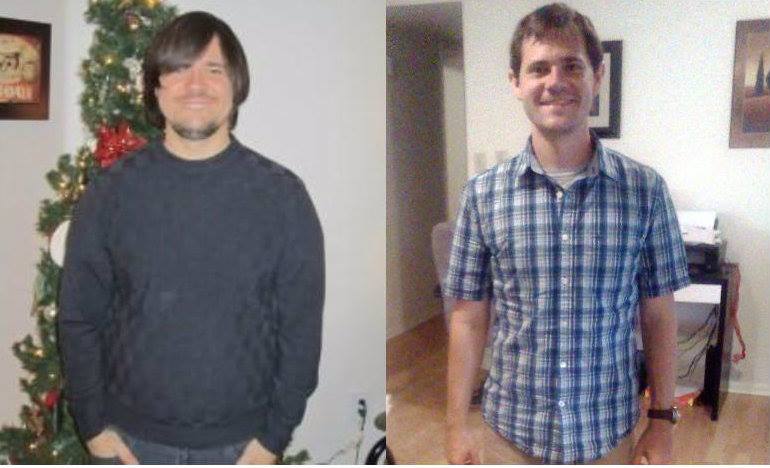Few things have had as much impact on my life as the discipline of praying the Daily Office, a cycle of morning and evening prayer in the Anglican tradition.
This is because it’s given me a steady structure and emotionally honest framework for prayer.
Rhythm
I can say in all honesty that most days, I love to pray. I am astounded often that the creator of the universe is with me and ready to listen, and desires for me to listen to him as well. I try to cultivate an attitude of gratefulness for the truly wonderful gifts he’s given me: forgiveness, hope, life, the Holy Spirit. Sometimes, though, I don’t feel like praying.
I’m busy, tired, whatever. This is when having a plan helps: set prayers, regular time of day, and Bible readings all picked out.
Discipline begets discipline, so I notice when I’m faithful in the Office it’s easier to control my body, my thoughts, and emotions. I find I sin less for the simple fact that I know I’m going to meet with God in just few hours for confession. I know we will have to talk about what I did and/or thought about doing today.
When things seem to get out of control, when life is crazy, stressful and days seem dim, the Office becomes (by virtue of the Scriptures and ancient prayers it presents) a brighter spot and a source of comfort. When you pray the Office, you know you are not alone. My whispered prayers are joined by millions of others the world over, contemplating the same texts, breathing the same pleas for mercy, thanking the same God for the means of grace.
Blues
The Daily Office gave me the gift of the Psalms. All of them. When you pray the Office, you pray the happy, inspiring ones about God’s love and faithfulness alongside the ones that ask God hard questions, like “How long will you judge unjustly / and show partiality to the wicked?” (Psalm 82). You pray the ones that are brutally honest about fervent desires for justice to be done:
O daughter of Babylon, doomed to be destroyed,
blessed shall he be who repays you
with what you have done to us!
Blessed shall he be who takes your little ones
and dashes them against the rock!
These are heartbreaking, violent, and often confusing words for all of us. Yet these Psalms give us permission and a path to bring all of ourselves–even and especially the angry, doubting and dark places–into the context of God’s faithfulness. After all, the Psalter is also a retelling of the whole Biblical narrative, including Christ, if we know where and how to look.
I don’t have all the answers yet, but after about five times through the Psalter so far this year I’ve gained some peace through these poems. I’ve begun to understand what it means to honestly long for God’s justice without succumbing to the temptation to exact revenge for myself. I’ve begun to learn how to pray to God even when I might be angry with him. God is big. He can take our questions and our frustration and even our possibly less-than-pure motives and by grace enable us to “walk in the light of life” (Psalm 56:13).
Rhythm and blues. That’s why I pray the Daily Office.






 Me, a couple of years ago.
Me, a couple of years ago. Me, a couple of weeks ago
Me, a couple of weeks ago